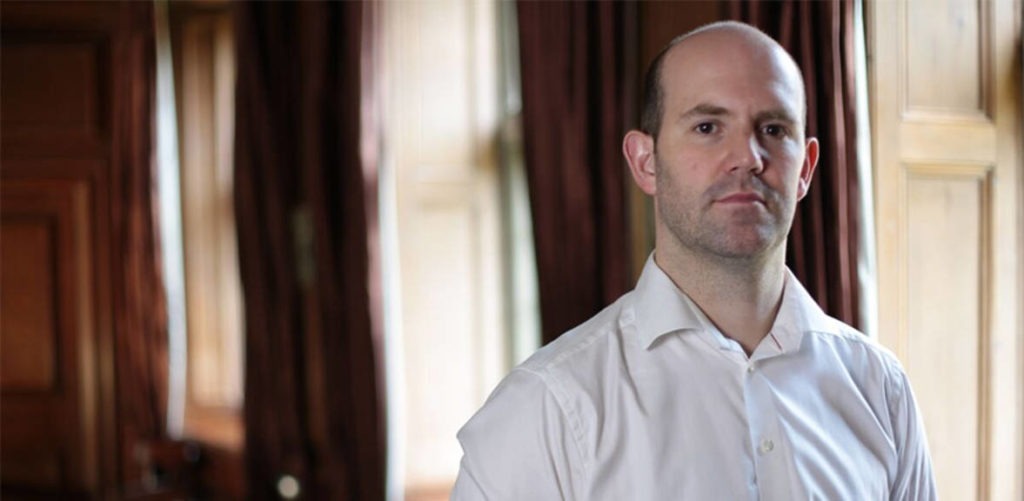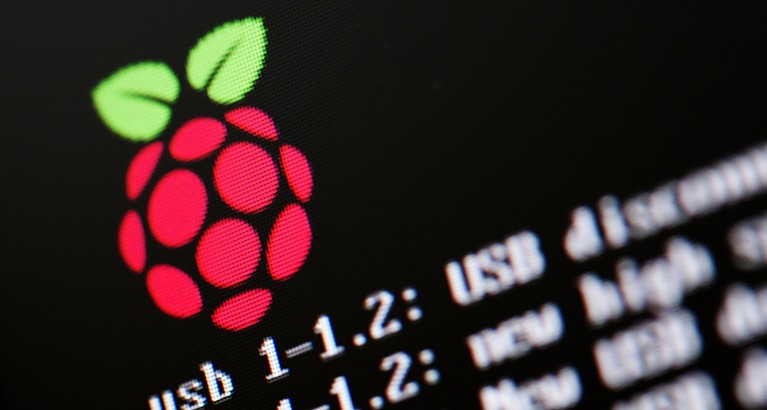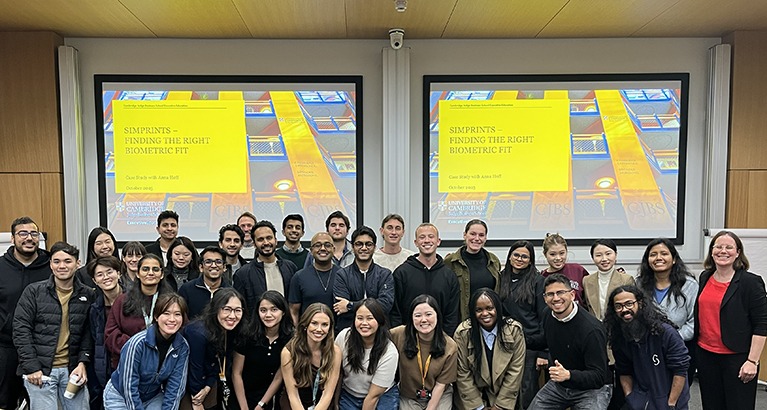The listing on the London Stock Exchange of Raspberry Pi, the company launched 16 years ago to make small inexpensive computers, will “enable us to build more of the products you love, faster,” says co-founder Eben Upton, an Executive MBA graduate (EMBA 2009) of Cambridge Judge Business School.
The company’s 11 June listing on the London Stock Exchange as Raspberry Pi Holdings is a watershed moment for the company, and money raised by the Raspberry Pi Foundation in the initial public offering “will support its ambitions for global impact in its second decade,” Eben said in a post on the company’s website.
Shares in the company were initially priced at 280p each, valuing Raspberry Pi at £542m, and rose to 420p each by the end of the first week.
It’s been an incredible journey so far. There’s a lot more road ahead of us than there is behind.

Addressing how young people interact with technology
“Nearly 16 years ago, in the autumn of 2008, a handful of us set off on this journey together. We were driven by a shared realisation that something had gone badly wrong in young people’s interaction with technology; a shared conviction that we should do something about it; and the beginnings of a shared idea of what that something might be,” he writes.
Raspberry Pi has since sold more than 60 million of its devices. Owing to the devices coupled with curriculum and teacher training initiatives of the Raspberry Pi foundation, “we have seen a resurgence in interest in computing among young people”.
“It’s been an incredible journey so far,” he said, adding, “There’s a lot more road ahead of us than there is behind.”
How the Raspberry Pi freed up engineers for more creative work
In an interview last year as part of the CJBS Perspectives: Leadership in Unprecedented Times series organised by the Alumni & External Engagement team at the Business School, Eben said that beyond sparking new interest in computer science among young people, the Raspberry Pi mini-computer had also freed up “thousands if not tens of thousands” of engineers to do more creative things than build non-differentiating hardware platforms.
The device has “allowed an entirely new group of companies to do interesting new things that they wouldn’t be able to do if they had to build hardware platforms”, he said in the interview with Khaled Soufani, Management Practice Professor of Financial Economics and Policy and Director of the Cambridge Executive MBA programme at Cambridge Judge.
Related content
“Raspberry Pi IPO.” RaspberryPi.com, 11 June 2024
“How the Raspberry Pi mini-computer freed up engineers.” Cambridge Judge Business School, 1 August 2023





